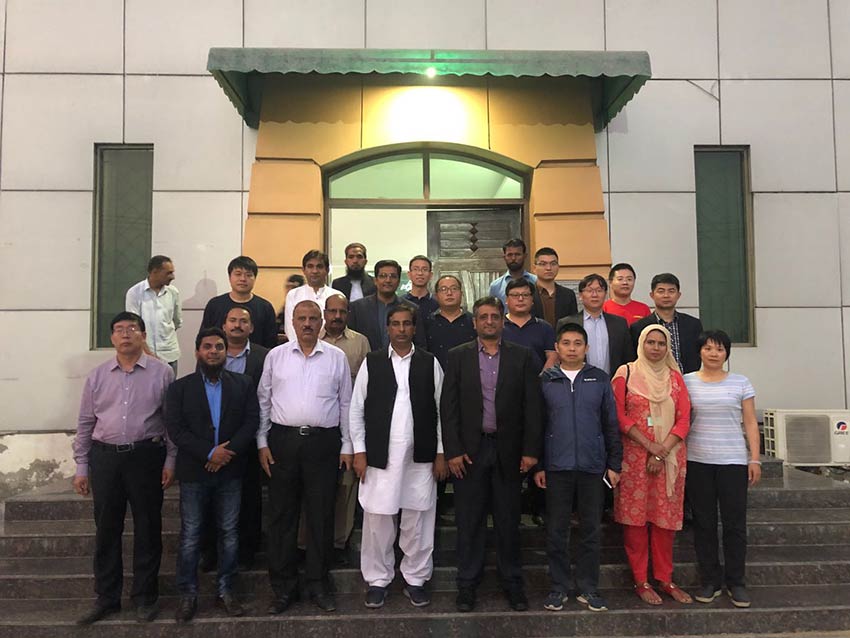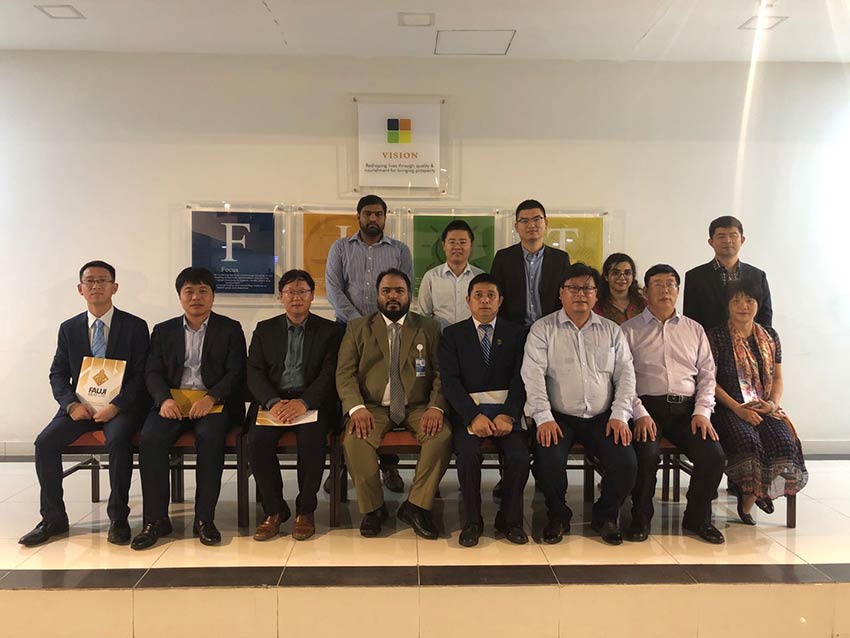
Agriculture is the backbone of Pakistan and contributes to a major share of the national economy. Its contribution to GDP is 19.5%, and 42% of the country's total labor force is employed in the agriculture sector. Rising temperatures and changing monsoons pose huge challenges to Pakistan's agriculture sector. There are many similarities between the two counties in terms of agricultural diversity, and China's achievements in agriculture are worthy of Pakistan's reference. We all know that Chinese agriculture department has achieved great results, thanks to the use of the latest technology to ensure the profitability and development of farmers and agricultural institutions. We also know that the Chinese government has invested to plant more than 40 million hectares of forest land during 2005-2020 to fight against the desertification in north China and flooding in the south areas in a sustainable way.
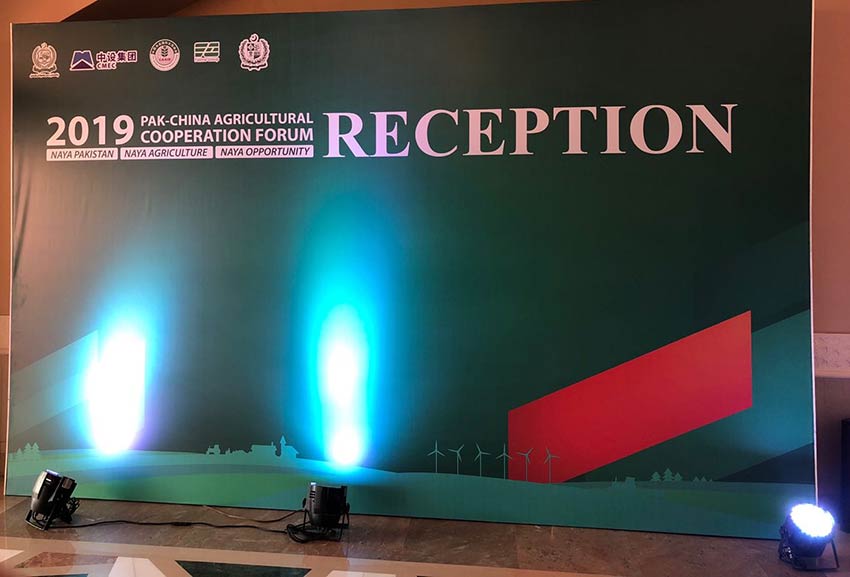
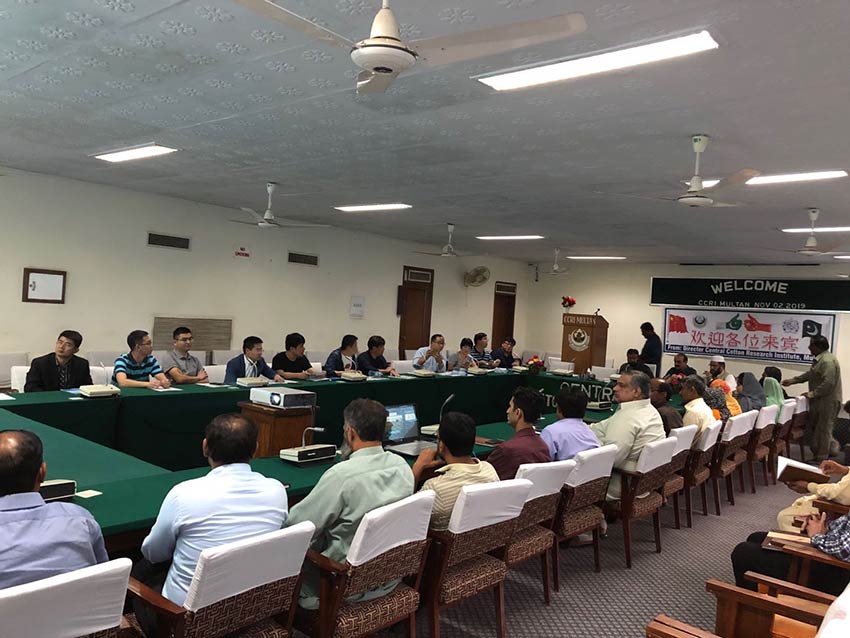
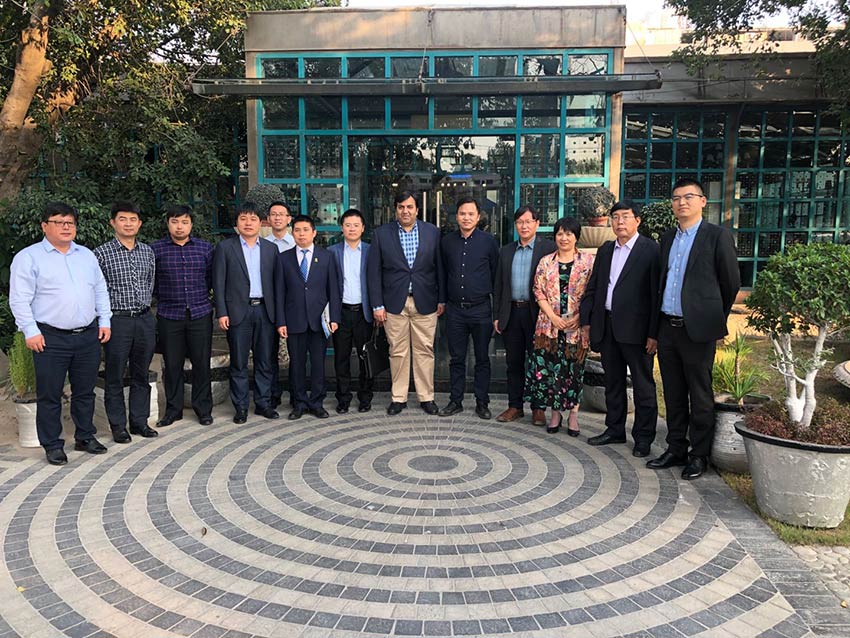
In Pakistan, a growing population has increased demand for water resources, while climate change, which continues to be dry, has further strained the agricultural sector. The photovoltaic water pump system of TCI responds to the adverse effects of climate change on agriculture by means of technological innovation, desert control and efficient irrigation.
In this seminar, the Pakistani agriculture experts had remembered that at the time of investigation in Xinjiang province several years ago, they had seen that the lack of rain in local areas caused drought conditions, are very similar in Pakistan. However using the efficient water-saving irrigation technology, green trees, green grass and melon could be found everywhere. Thus they feel very envy to learn from China, and also hope that Chinese advanced irrigation technology and experience would be shared in Pakistan. In the same time, the Chinese experts said: “water is very scarce in places like Karachi, where the drip irrigation system could be installed in wide farmland areas. Therefore, we would exchange some of Chinese successful experience and system design concept with Pakistani agricultural experts. If necessary, we can provide them with technical support and even induct Chinese manufacturers to set up factories and production equipment here in the future.”
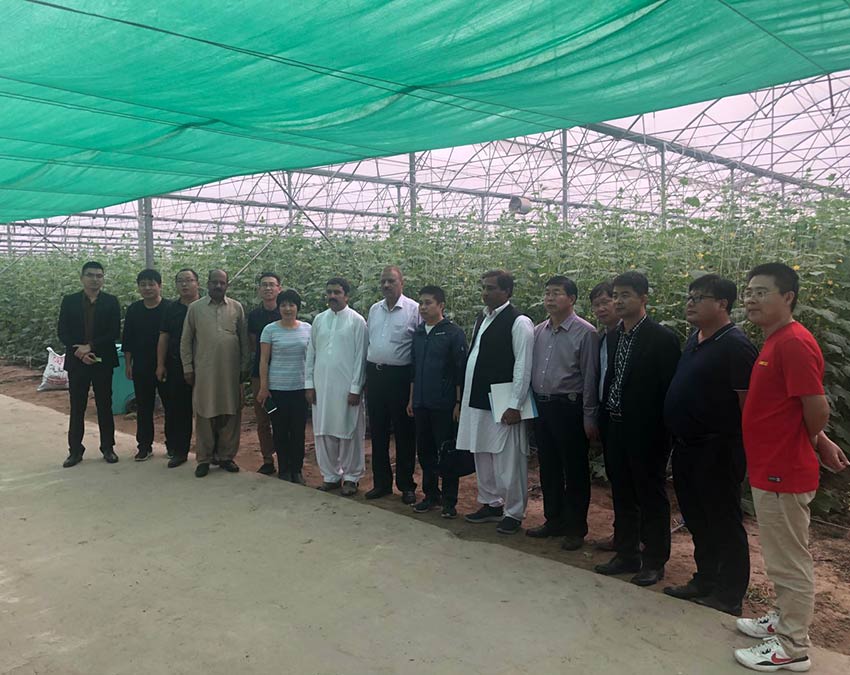
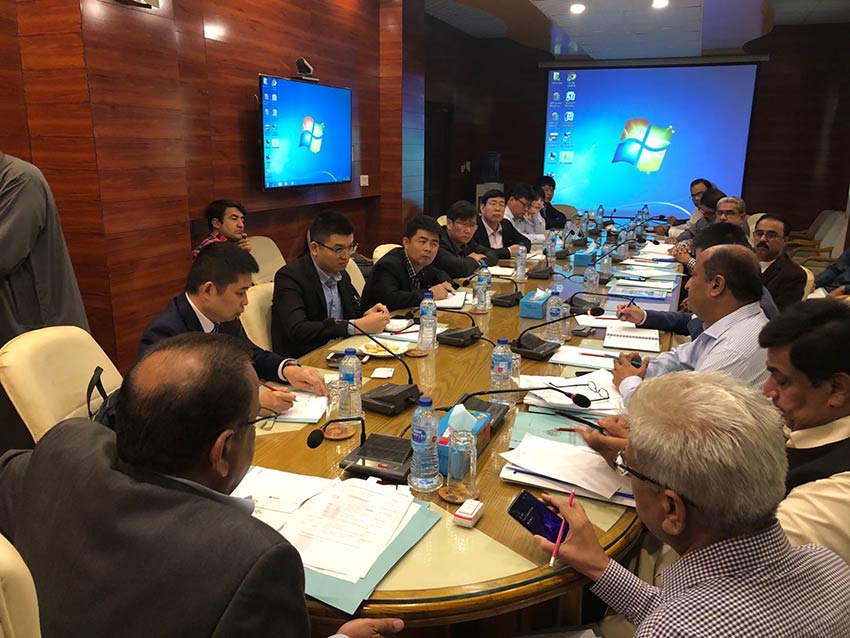
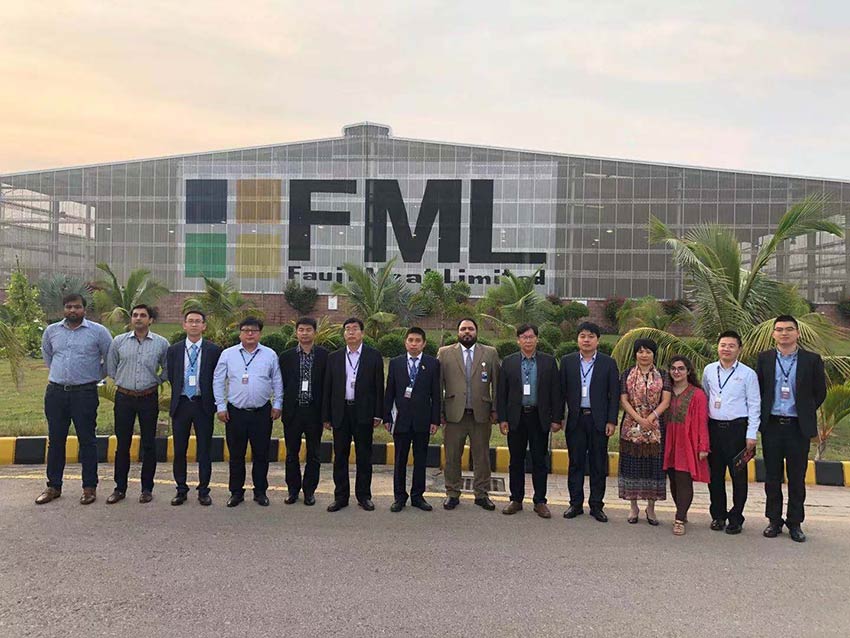
At present, agricultural cooperation is also the focus of the second phase of the China-Pakistan Economic Corridor (CPEC). According to the second secretary of the Economic and Commercial Counseling Office of the Chinese embassy in Pakistan, Mr. Gu Wenliang said that under the framework of CPEC, the five agricultural cooperation projects, or forthcoming, including China-Pakistan agricultural technology joint laboratories, aid and agricultural equipment and materials project, China-Pakistan agricultural efficient water-saving irrigation demonstration station project, China-Pakistan mushroom planting demonstration promotion project, China-Pakistan agricultural technology training program. Pakistani government has identified 'agricultural development and eradication of poverty' as one of the key sector of long-term cooperation. Promoting agricultural cooperation and exchanges has always been the priority of the Chinese Embassy in Pakistan. They have witnessed and witnessed china-Pakistan economic and trade cooperation, and are also pioneers and builders of the future. In the face of the challenge of climate change and the new phase of the CPEC.
